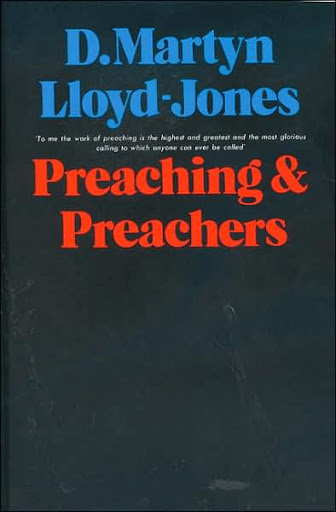
On this day in 1662
England’s
Act of Uniformity was enforced, resulting in the ejection of 2000 nonconformist ministers from their livelihoods. With the restoration of the monarchy in 1660, King Charles II began working to restore Anglican supremacy in English and Scottish churches. He betrayed the Presbyterians who had helped him return from exile in
France, refusing to grant religious toleration and trying to force all ministers to worship in the Anglican way. Those who refused were forced out of their ministries and were eventually forbidden to come within five miles of an incorporated town. They were not allowed to hold public services, hold public office, or obtain degrees from
Cambridge or
Oxford. These ministers and their families suffered hardship as good soldiers of Jesus Christ for their good conscience toward God. They could not be bribed or threatened into conformity with practices they considered unscriptural.
In 1962 Martyn Lloyd-Jones gave an address at Westminster Chapel’s Puritan Conference to commemorate the tercentennial of this event. You can read that address in his book, The Puritans: Their Origins and Successors. It is the chapter titled, “Puritan Perplexities—Some Lessons from 1640-1662.” Lloyd-Jones considered the Great Ejection a watershed event on an almost equal footing with the Reformation itself. I would like to give a summary of his points as to the causes of this tragedy and its lessons.
CAUSES
The mixing of politics and religion. From the time of the English Reformation many prominent Anglicans also held public office and had influence with the King, like the hated Archbishop Laud. The Puritans had grievances with Laud and his party, and so did others whose motives were not motivated by religion as were the Puritans’. These disenfranchised parties banded together in an unscriptural alliance to fight a common enemy. “To mix politics with religion in the church is always a danger” (Lloyd-Jones, p. 61).
Divisions among the Puritans. “This is what makes the story a real tragedy. Fundamentally these men were all agreed about doctrine” (Lloyd-Jones, p. 61). But they had endless disagreements over other matters, especially church government. Among the various groups of Puritans, Lloyd-Jones faulted the Presbyterians the most for this divisive spirit because “they were the most intransigent” (p. 62). Ironically, the Presbyterians “were always ready to make agreements with the king,” but they tended to fight those with whom they were in agreement on the essential matters of the Christian faith.
The idea of a State-Church. “The Presbyterians believed in a State Church quite as much as the Anglicans” (p. 63). They inherited this position and continued to fight for their version of it rather than inquiring what the New Testament said about the nature of the church as it relates to the government. “The Presbyterians believed, quite as much as the Anglicans, that people should be compelled by Act of Parliament and the power of the State to submit to their particular view of the Church” (p. 65). While other groups simply wanted toleration to worship freely, the Anglicans and Presbyterians were fighting for supremacy, and the Anglicans won in 1662.
LESSONS
The thing of supreme importance is “the gospel of salvation which is also ‘the gospel of the glory of God’” (p. 67). That is what all believers are agreed upon—a right view of the gospel.
“Coupled with that, there was their emphasis upon the necessity of having able and good ministers, and the primacy and the centrality of preaching” (pp. 67-68).
Our view of the church should be in line with the New Testament. How should doctrine and practice be determined? Our faith should stand squarely on the Scriptures.
Our divisions should be over the fundamental things of the faith, not things of lesser importance. That’s been a hot one for the last sixty years. Lloyd-Jones is arguing against a divisive spirit that won’t budge on non-essential matters. But to the intransigent there are no “non-essential” matters. Everything is seen in black and white; anything else is compromise.
We must fight this battle “in a spiritual manner, and not with carnal weapons” (p. 70). Many Presbyterians actually allied themselves with those who hated everything they stood for to gain political advantage. Some Puritans, like John Owen, stood against such carnality, and so should we. If we view party success as more important than the glory of God and the purity of the Church, “our cause is already lost” (p. 71).
“The ultimate lesson to be learned from this period is this: ‘The arm of flesh will fail you, ye dare not trust your own’” (p. 72). “If we see what the Truth is, well then, I say, we must hold to it and fight for it, and to refuse to compromise about it, whatever it may cost us” (p. 72).
I highly recommend The Puritans: Their Origins and Successors by Martyn Lloyd-Jones. [CBD $25.99| WTS $18.20 | Amazon $21.27]
I’ll close the way Lloyd-Jones closed his address: “We thank God for the memory of these men, who, having seen the position clearly, acted upon it at all costs. May God give us grace to follow in their train!”

The Great Ejection (August 24, 1662)




















